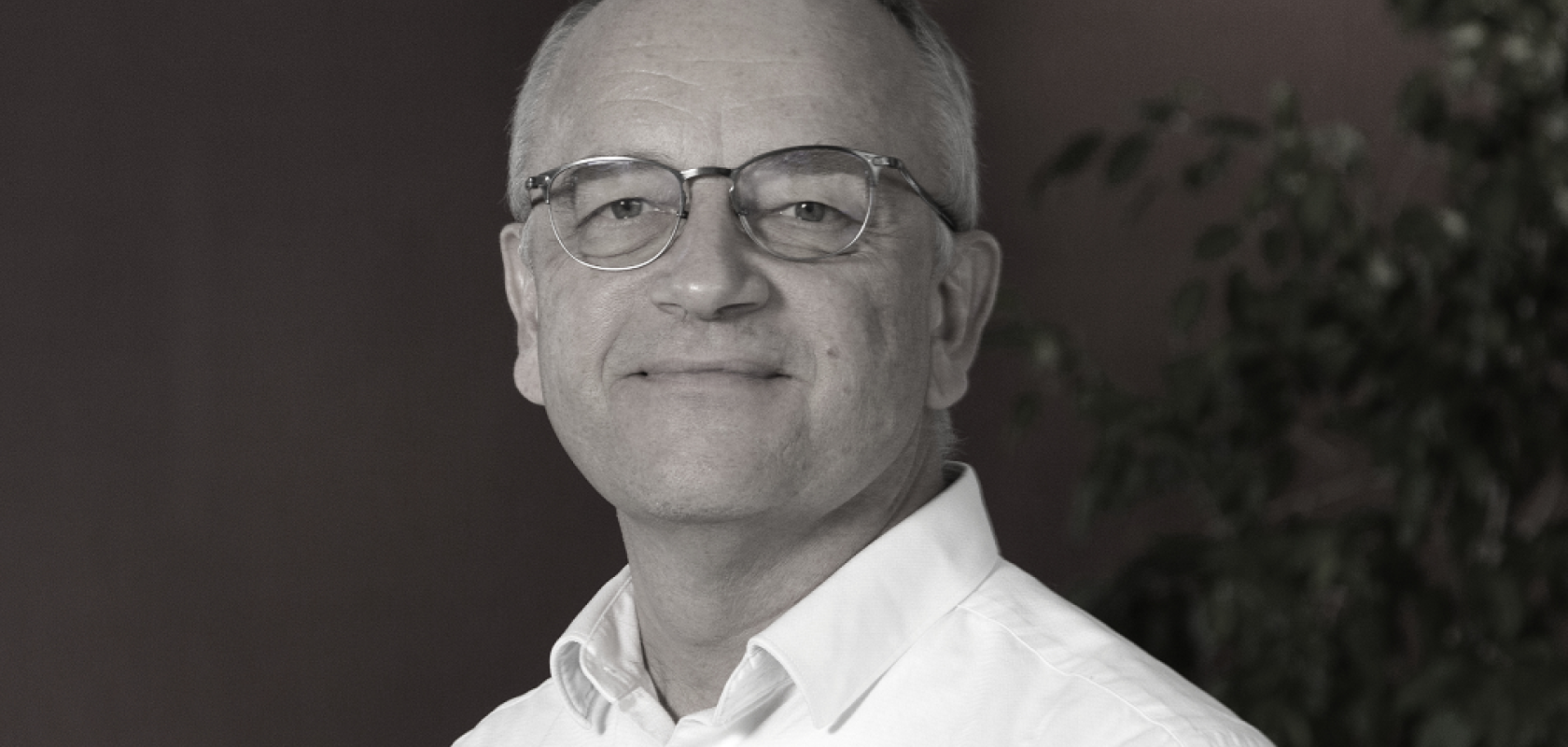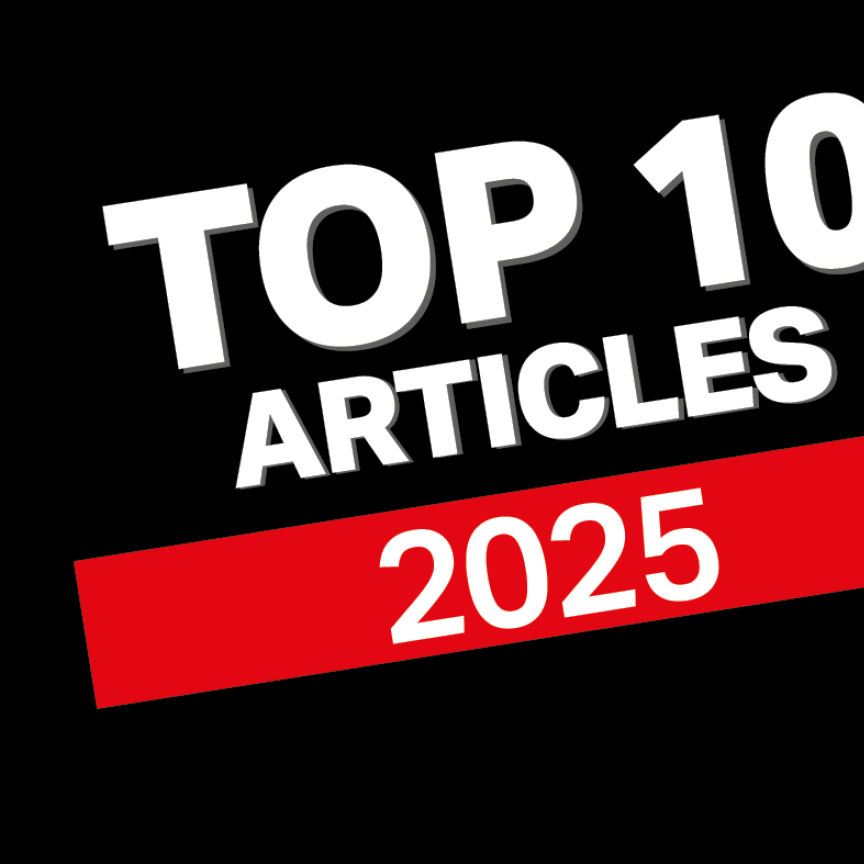Carlos Lee of EPIC talks to Dominique Lupinski, CEO and founder of Cristal Laser, which grows and fabricates nonlinear optical crystals
What led to you becoming CEO of Cristal Laser?
In 1990, I graduated from the ENSMM engineering school (École Nationale Supérieure de Mécanique et des Microtechniques). At that time, I had a friend working in a research lab at the University of Nancy in France. The lab was working on the growth of potassium titanyl phosphate (KTP) material, which is used for frequency-doubling of solid-state lasers. As no existing company wanted to invest in what was, at that time, a very innovative technology, I saw an opportunity to create a company to commercialise the technology developed in the lab.
Right after graduation, I started working for IBM and Renault and the normal career path was to join a large company and be promoted. But I had always been interested in managing my own business. My parents were workers and at the age of 14, I had set up a tennis club, so I had learnt to seize opportunities. Being young with nothing to lose, I could afford to take risks, so when the opportunity presented itself, I decided to embark on the journey of being an entrepreneur and I have never regretted it.
When I created the company, I could only personally invest 10 per cent of its capital stock, the rest of the money came from banks and investors. In fact, at that point I had 30 board members which was more than today’s number of employees and it took me and my partner Philippe Villeval 25 years to buy back all the shares. Today, we are a fully privately owned company.
How has the company developed?
Cristal Laser is still the only European company that grows nonlinear crystals. With more than 30 years of expertise, we now boast a ,2500m² manufacturing facility with top level crystal growth stations, cutting and polishing machines as well as high-end testing equipment, such as Zygo interferometers, AFM, and spectrophotometer and laser testing facilities. We currently have 22 employees and supply the global players in the laser industry. We are also involved in several European research and space projects including ELI, Mars Curiosity Rover and the Aeolus space mission.
Crystal Laser’s focus has always been to develop innovative manufacturing and metrology tools. That being said, we cannot afford to be the first ones to develop any crystal material, because this is a highly capital-intensive and time-consuming process. Therefore, we sometimes work with research labs and, once a breakthrough is achieved and the market response is positive, we engage when we believe we can make a valuable contribution. Nevertheless, we are recognised for the quality of our crystals.
For instance, RTP crystals (rubidium titanyl phosphate) can be found onboard the Curiosity and Perseverance Rovers on Mars. In terms of size and performance, we are also leaders in LBO crystals (lithium triborate), which we supply to the large petawatt laser facilities, such as ELI or the Rutherford Appleton Laboratory. Currently, our LBO crystals are also enabling solid-state UV-lasers at high powers - with our last record being 380W at 351nm.
During my 30-year career at Cristal Laser, I have taken part in more than 40 research projects funded by ESA, NATO, Eurostar, DGA, CNES. Besides all these, I am also the president of the board of National School in Industrial Systems Engineering (ENSGS) in Nancy and I have also participated in R&D funding committees.
What are the advantages and disadvantages of entrepreneurship?
The advantage is the possibility to move things forward, with your team, to take initiatives and make a positive impact on your environment. Having said that, it’s been both good and necessary not to be alone managing the business. My partner, Philippe Villeval, has been alongside me all the time, and still is. I’ve also been well supported by the management team. I firmly believe that entrepreneurship is a journey of passion that needs to be experienced together.
But you can’t have the thrills without some of the challenges. Being an entrepreneur is a very intense lifestyle. You can’t do it 50 per cent - it’s 120 per cent hard work and this affects your relationship with friends, with your spouse and children who also expect/deserve your time and attention.
At work, I feel empowered by the ability to make decisions, but I need to face the possible consequences. Technical problems are not so much of an issue as we are engineers and we can usually find a way to solve those, that’s our DNA. But the human aspect is a different thing: I employ more than 20 people - leading and coaching the team, managing people’s conflicts is something I have to pay careful attention to, because by working truly together we can achieve so much more.
What’s your advice for future entrepreneurs?
First, build a team that you can rely on because you will experience difficult situations that may be daunting to face alone, but together, you will make better decisions and be able to go further.
Second, adjust to obstacles. There’s no magic recipe for being a successful entrepreneur and there’s no unique model or path to success. Every company is different and each one of us needs to find our own way. You may feel naive in the beginning, but this will disappear with experience.
Third, being a disruptive innovator means you need to believe in yourself and your ideas. You will have many people who will tell you why things won’t work but be persistent and have faith in yourself.


